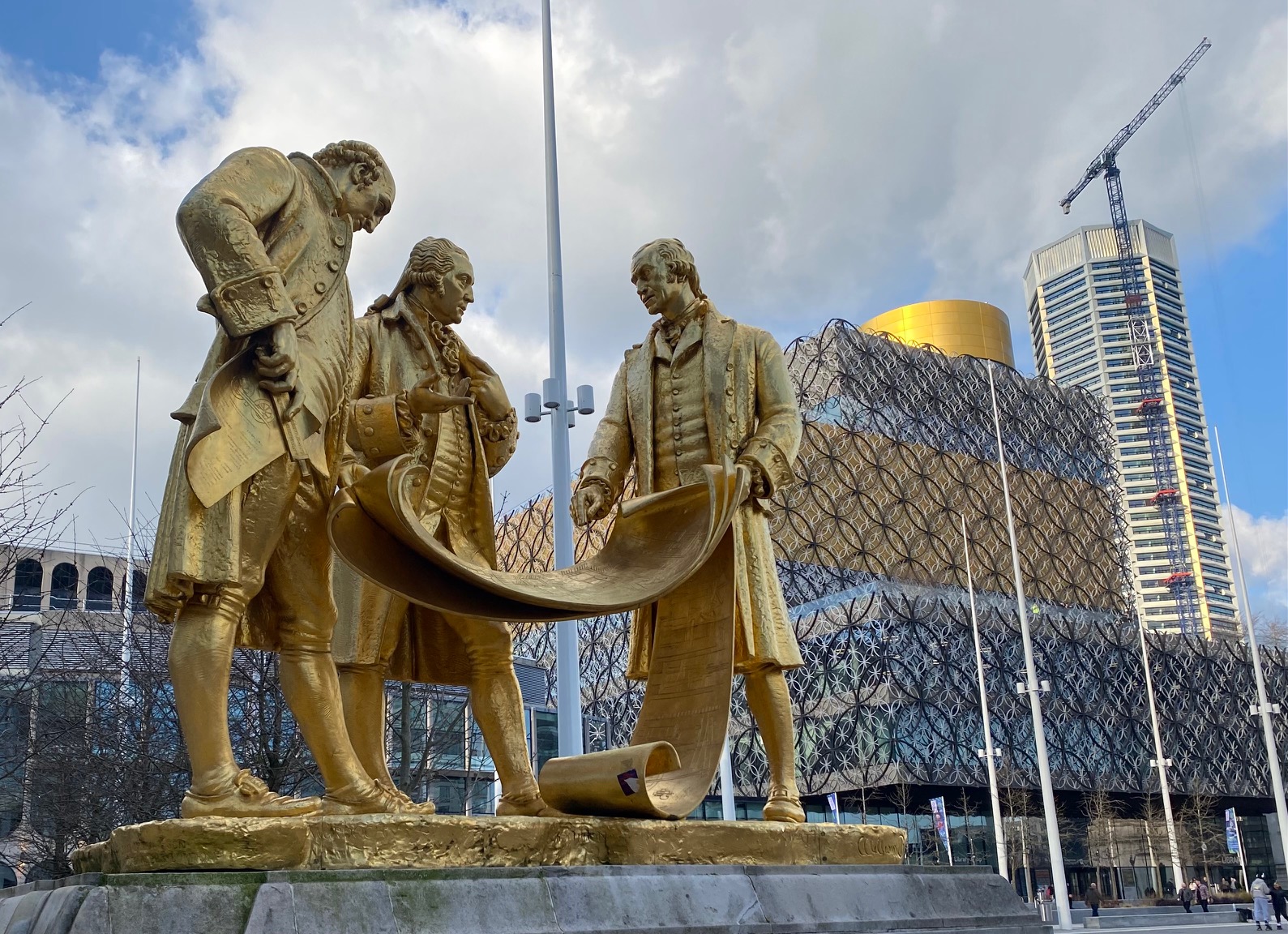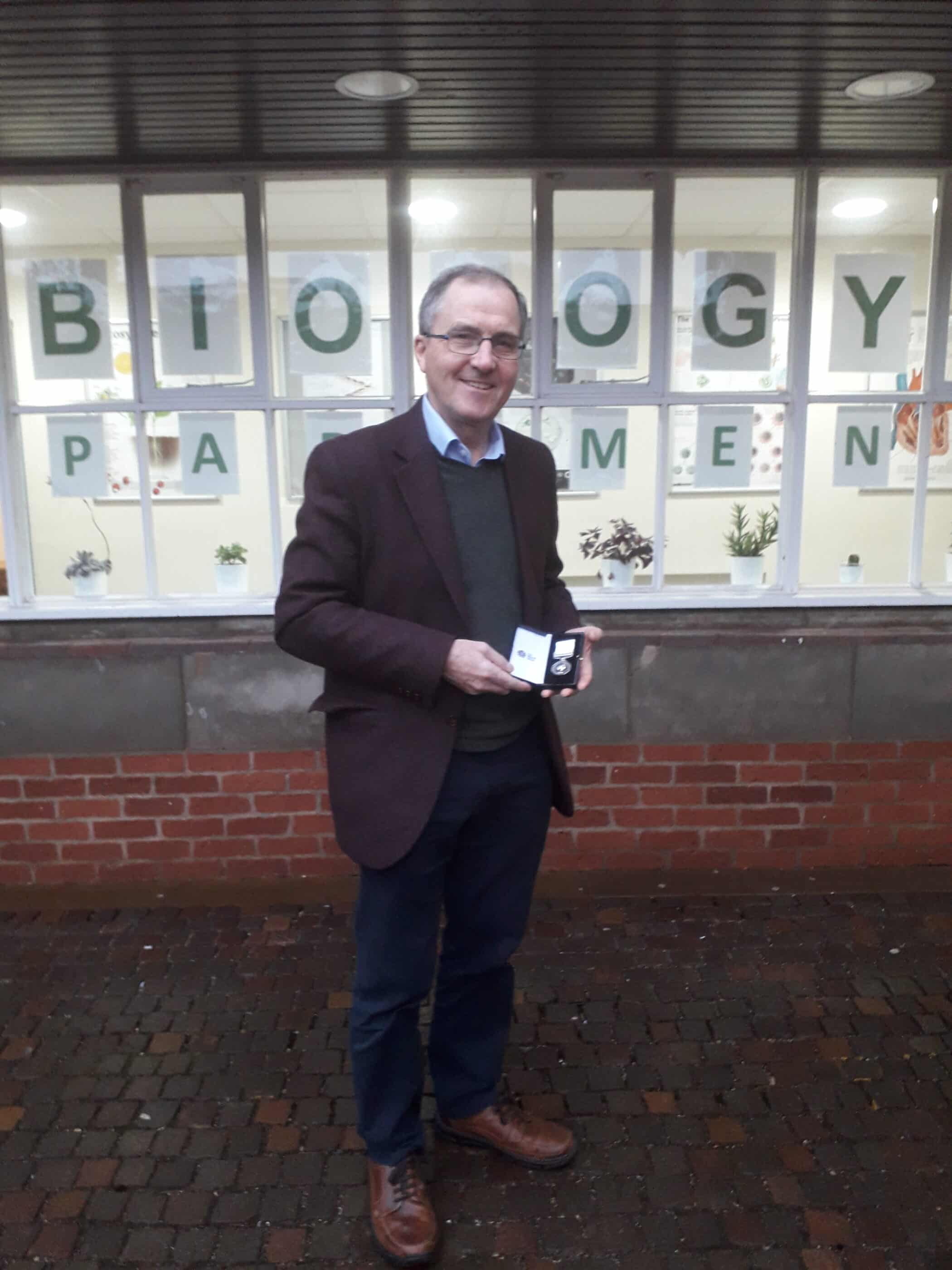Nine Form 5 Religion and Philosophy pupils who entered essays for the New College of the Humanities’ (NCH) new School Certificate in Philosophy have received high praise from the examiners for their excellent research and writing skills.
After the GCSE exams were cancelled, NCH set up the projects, challenging pupils to research and write essays on some key philosophical questions. In just four weeks, our Religion and Philosophy pupils pulled together some hugely impressive projects, entirely online. Questions the pupils researched included: ‘Can machines think?’, ‘Do we need governments?’, ‘Is there a mind?’, ‘Does God exist?’, and ‘To what extent was Charles Ingram justified in cheating on a game show?’
Head of Religion and Philosophy, Megan Fairley, said: “It was such a pleasure to read our pupils’ essays and the enthusiasm with which they approached the project was exemplary. Almost all of the students who entered are planning to study either RP or Philosophy in the Upper School, demonstrating the high standard of RP & Philosophy pupils at Oakham.
The examiner commended the pupils for “submitting such interesting and well researched projects” and commented that “the standard of the young people is very high with some inspirational work from young philosophers. Each project had good questions with a clear rationale and presented a strong argument which engaged with both sides of the debate and finished with a measured conclusion.” The way that the pupils structured their research using FOSIL – Oakham’s Inquiry-based approach to learning – drew particular praise from the examiner, who said: “Distinctive in these projects is the structure of the research task in the helpful boxes prepared by your Library Team. These aided the students in reaching the depth of research required for high level philosophising.”
Find out more about how our excellent FOSIL programme is helping our pupils with their research.





